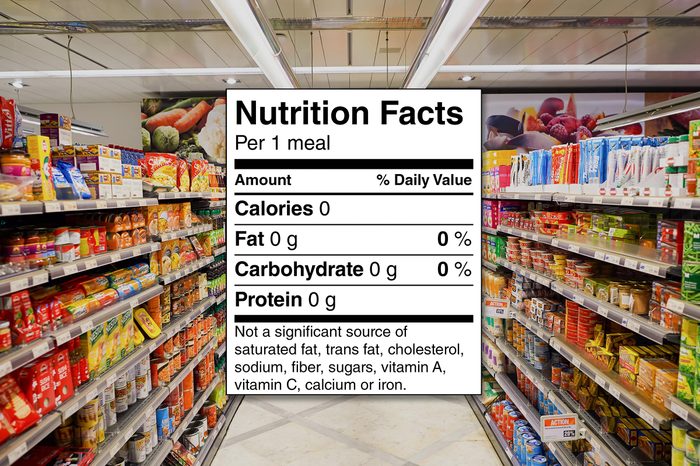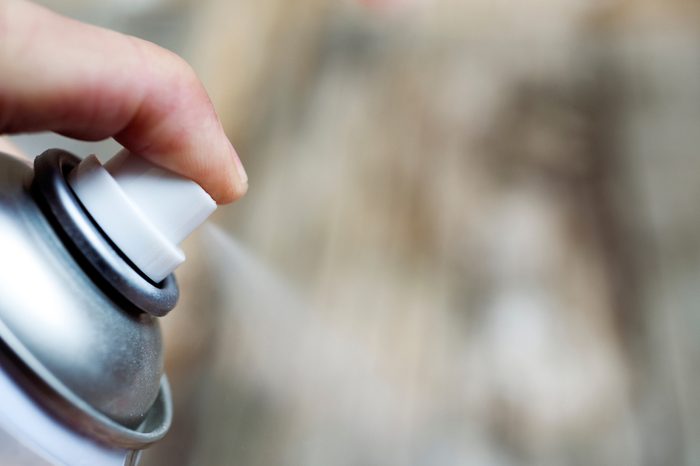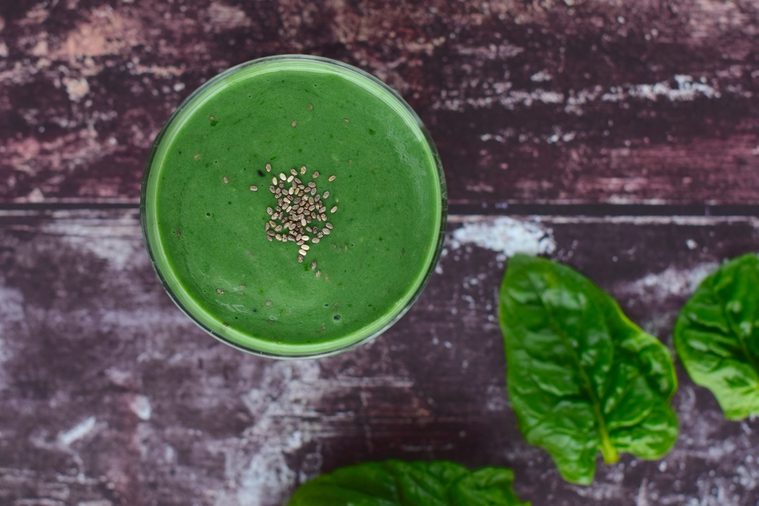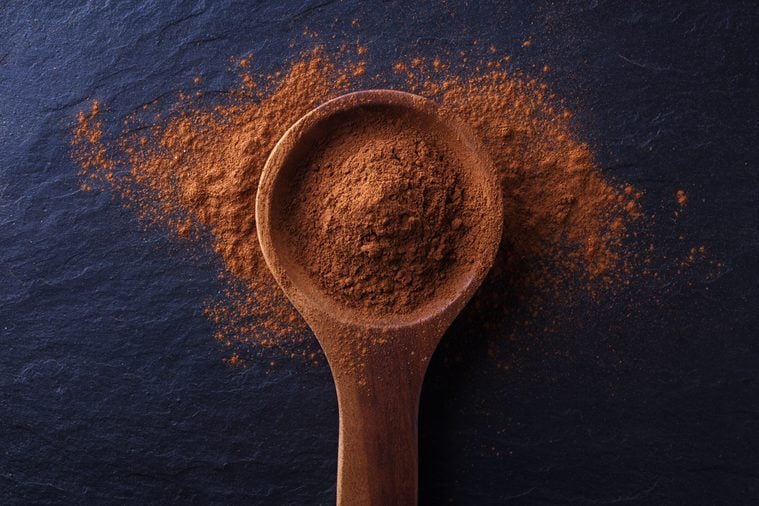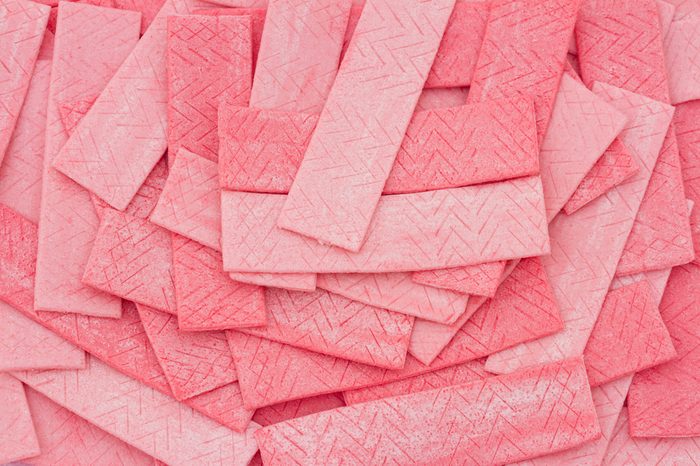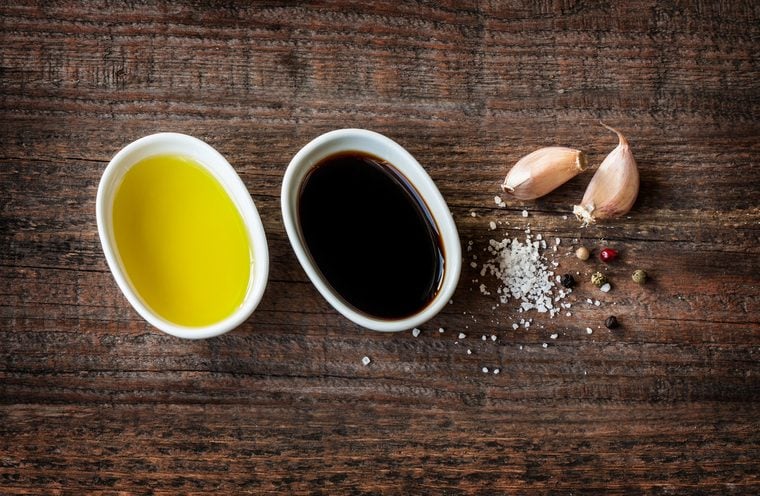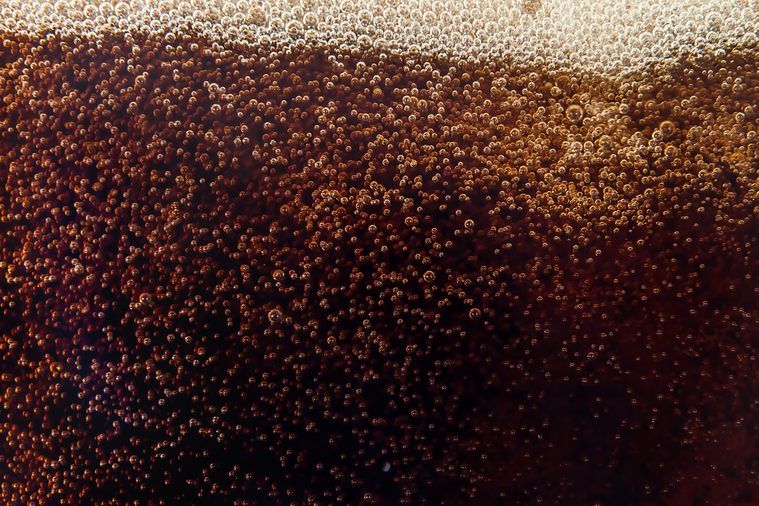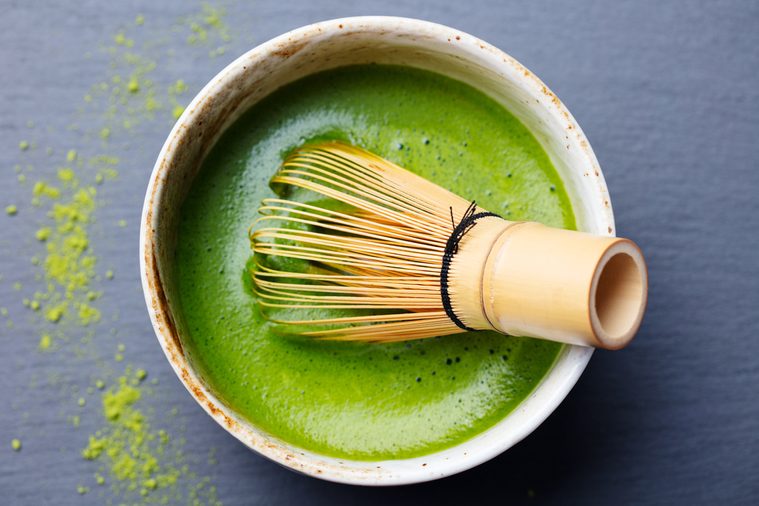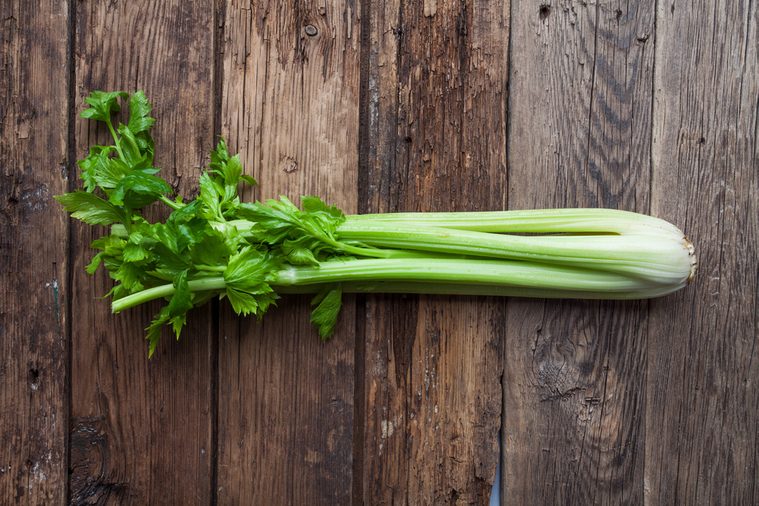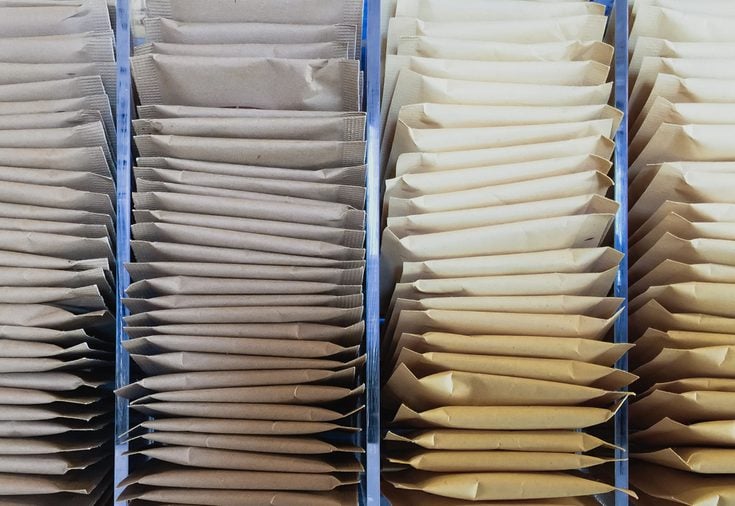Fat-free dressing
The calories in a single tablespoon of fat-free dressing, may say zero, but even if that was true (which we know it’s not), who uses a single tablespoon? “Most people try to have a big salad to fill them up, and that means more dressing,” says Bonci. “Yes, the calorie-free dressing may have fewer calories than most regular ones, but the more you use, the more calories you will accumulate.”
Diet soda
You’ll see calorie-free claims on diet soda because it contains artificial sweeteners, gel, and fiber that aren’t absorbed by the intestinal tract. But there’s more to worry about here than a few extra calories. “The concern with artificial sweeteners is that they confuse the brain in terms of sweetness detection, insulin signals, and hunger/satiety signals,” says Shilpi Agarwal, MD, a family medicine physician based in the Washington, D.C., area and the author of The 10-Day Total Body Transformation. “In the long term, we know that people who consume a lot of artificial sweeteners—for example, diet-soda drinkers—are actually heavier [and] gain more weight.” The evidence linking diet soda and weight gain is worth more investigation.
Anna_Pustynnikova/Shutterstock
Matcha
Matcha is full of good-for-you antioxidants, according to research published in the Journal of Chromatography, but unlike green tea, it’s not calorie-free. Why? Matcha is a powdered green tea that is prepared by whisking the powder with hot water, meaning that you’re ingesting the tea leaves. On the plus side, the calories are very minimal, and matcha boasts significantly more nutritional benefits than you would get with traditionally brewed leaf teas. In fact, 1/4 to 1/2 teaspoon of matcha is equal to eight to ten cups of regular tea in terms of its antioxidant power. Here are other healthier alternatives to your morning cup of coffee.






















